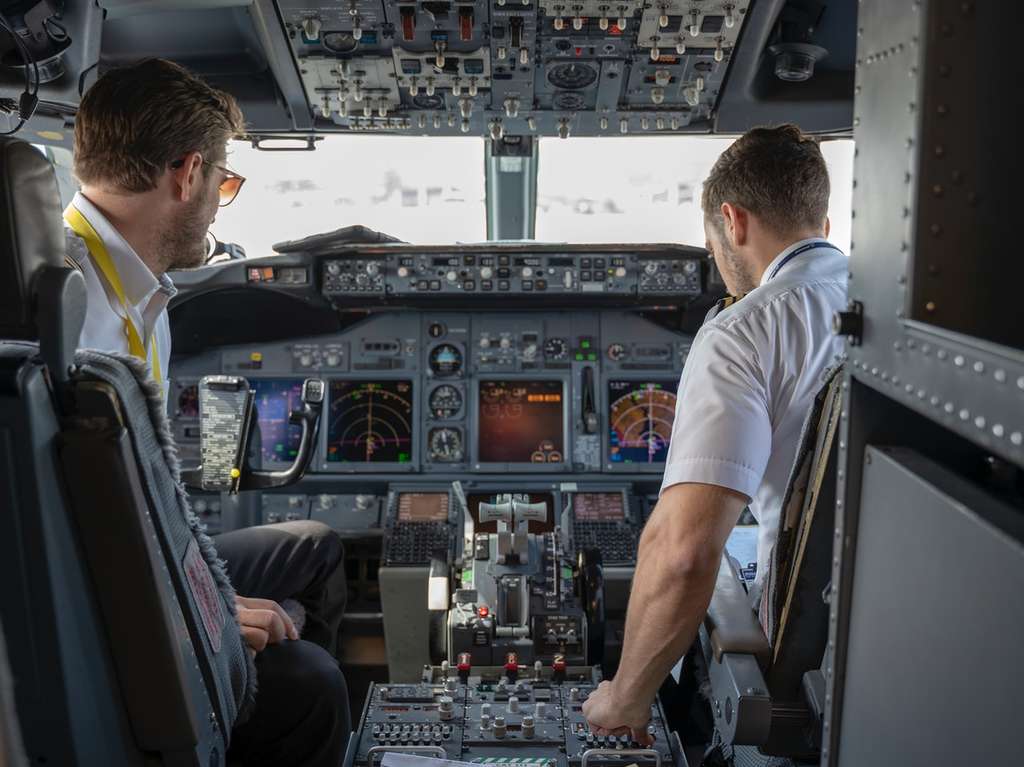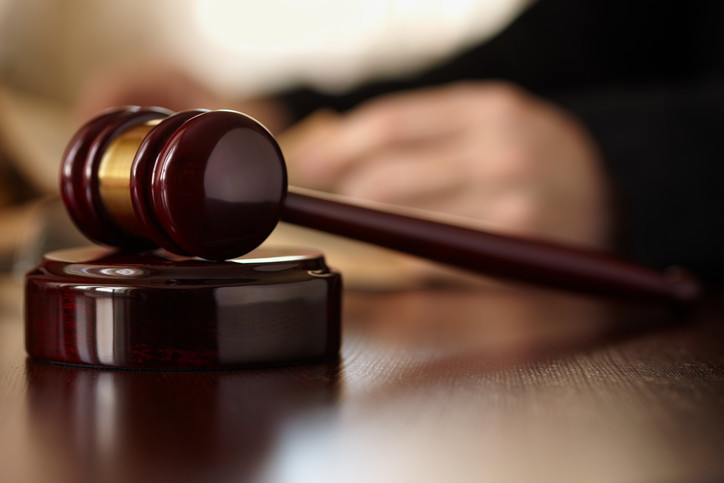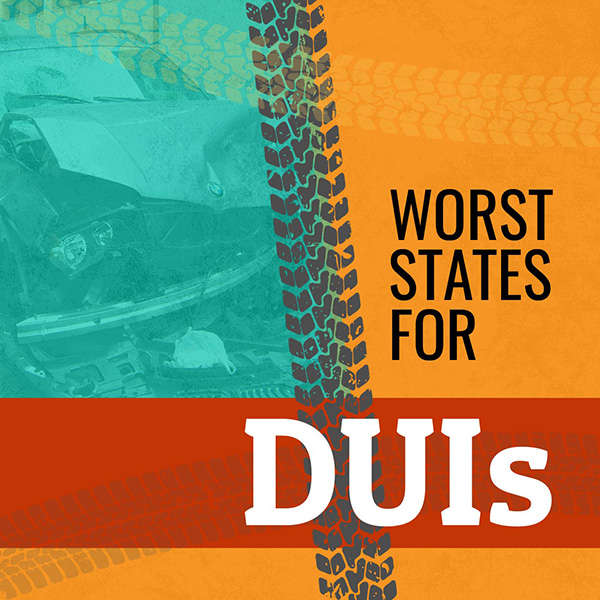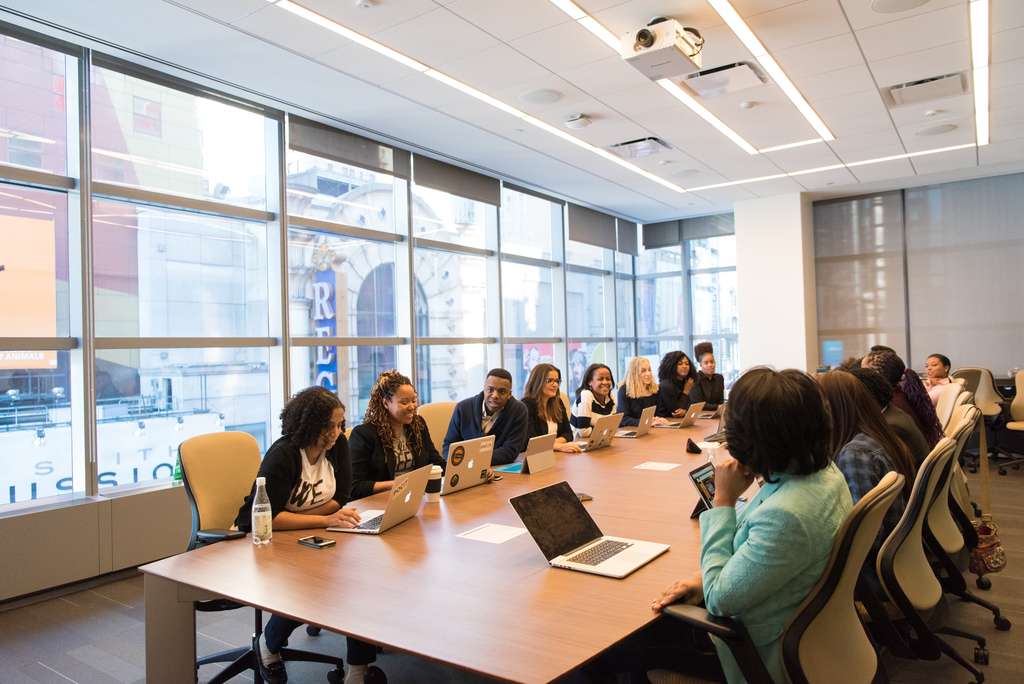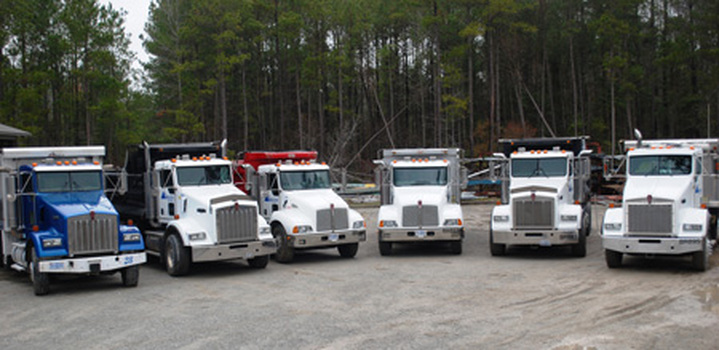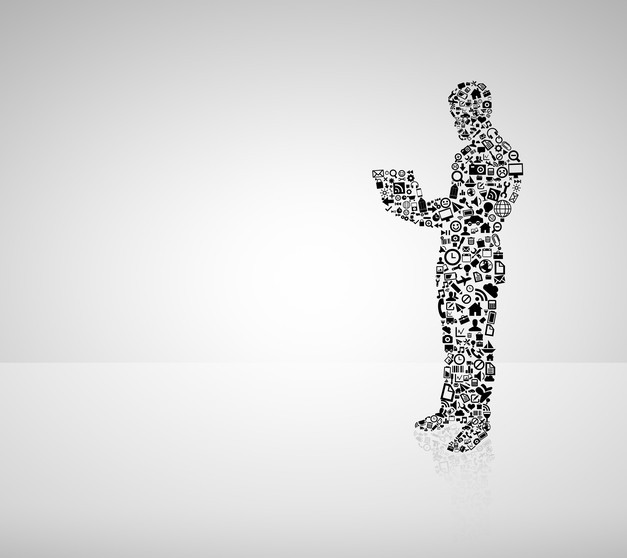US Drug Test Centers Blog
Can Pilots Drink Alcohol? | US Drug Test Centers
According to the Federal Aviation Administration (FAA), each and every day, the organization provides service to over 45,000 flights and 2.9 million passengers, spanning more than 29 million square miles of airspace. Keeping all individuals on board safe is of utmost importance. For this reason, the Department of Transportation (DOT) — which is in charge of the FAA — has very strict rules around its employees using drugs and alcohol. So, can pilots drink alcohol at all
Let's dive in.
Can Pilots Drink Alcohol?
You probably don't need us to tell you that a pilot getting into the cockpit drunk is a bad idea. But it goes a lot further than this.
The FAA recommends that pilots should avoid alcohol completely while planning for or executing a flight since they perform a safety-sensitive function.
More specifically, here are the FAA's guidelines for pilots:
- There should be at least eight hours from "bottle to throttle."
- Even better, wait a full 24 hours after drinking alcohol before flying.
- Be mindful that even if you wait, this does not mean that your BAC will be below the legal limit.
- Also, take hangovers into account. Being sober doesn't mean you're ready to fly.
The FAA alcohol rules for pilots state that any individual in a safety-sensitive function is subject to testing — including post-accident tests, random tests, reasonable suspicion testing, and return-to-duty testing. If their breath alcohol concentration (BAC) is 0.04 or higher, they will be removed. They will be temporarily removed if their BAC is between 0.02 and 0.039.
So, can pilots drink alcohol before flying? Technically, yes — if they do so far enough in advance that their alcohol consumption doesn't affect their ability to safely fly a plane.
Why exactly is the FAA so strict about alcohol consumption? Let's keep going.
What Does Alcohol Do to the Body?
Some of us drink alcohol simply to wind down after a stressful day. This is because alcohol is a depressant and works on your central nervous system (CNS). It slows down your brain/neuropsychological functioning and neural activity. Ironically, though, alcohol can also trigger anxiety and stress. Overall, it can significantly alter your mood, behavior, and speech.
Furthermore, alcohol can make your movements unsteady, alter your perceptions, and slow down your reaction time. It hampers your ability to think rationally and distorts your judgment.
Alarmingly, if you drink too much too quickly, it can depress your CNS to the point of respiratory failure, coma, and even death.
It's easy to see why drinking can be so risky — and even more so for an individual operating a plane with potentially hundreds of people on board. Even if you "feel" normal, there's still a good chance that (1) the alcohol is impacting your functioning regardless, and (2) you'll blow above the legal limit.
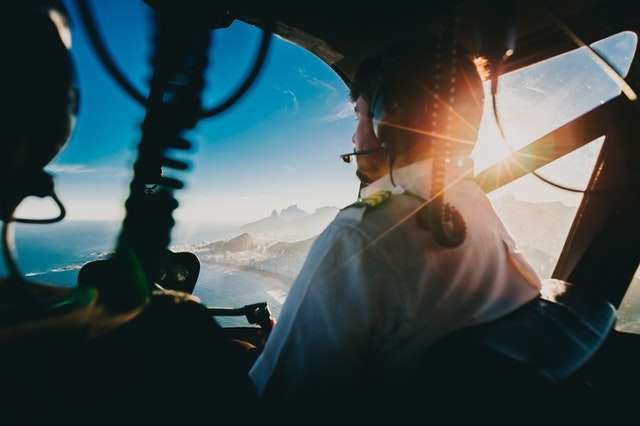
How Can We Keep Our Pilots Safe and Sober?
Personal accountability is the first step in ensuring that pilots are 100% sober and in the right state of mind to fly a plane.
However, the DOT and FAA take extra precautions to guarantee that anyone in a safety-sensitive position is mentally and physically capable of fulfilling their duties. This is why testing is stringent. All employers regulated by the US FAA are required to have a thorough drug and alcohol testing program. This includes air carriers, aircraft maintenance professionals, preventative maintenance operations, flight crewmembers, aircraft dispatchers, ground security coordinators, operations control specialists, aviation screeners, and air traffic controllers.
US Drug Test Centers offers drug and alcohol testing for all agencies under the Department of Transportation, including the:
- Federal Motor Carrier Safety Administration (FMCSA)
- Federal Aviation Administration (FAA)
- Federal Transit Administration (FTA)
- US Coast Guard (USCG)
- Federal Railroad Administration (FRA)
- Pipeline & Hazardous Materials Safety Administration (PHMSA)
- Public Utilities Commission (PUC)
- Nevada Transportation Authority
For FAA drug and alcohol testing, you can order an individual test or join the FAA DOT company random consortium or the owner-operator random consortium.
In addition to testing, all FAA-regulated companies must have a Designated Employer Representative (DER). This person is in charge of that company's drug and alcohol testing program and is authorized to take immediate action should an employee need to be removed from their safety-sensitive position. They also make decisions when it comes to the testing and evaluation processes.
In addition to drug and alcohol testing, US Drug Test Centers trains DERs via:
- In-person sessions.
- Live webinars.
- Computer-based online programs.
While there are a lot of factors at play, ensuring you follow the FAA's and DOT's rules and guidelines means that you're keeping pilots — and everyone on the flight — safe.
Your Next Steps
There are a lot of moving parts, and developing your FAA-approved drug and alcohol testing program is no small task. US Drug Test Centers will act as your Consortium/Third-Party Administrator (C/TPA). We will implement all of the necessary and required components of your testing program. This includes:
- Writing up your customized drug-free workplace policy.
- Crafting educational materials for your covered employees.
- Providing supervisor training materials.
- Giving access to a Substance Abuse Professional (SAP) for any DOT violations.
- Providing all required forms for compliance.
And much more.
We are DOT experts and work closely with companies from all agencies. Furthermore, with more than 20,000 locations nationwide, we're never more than a short drive away.
Ready to take the next step? Get started with FAA drug and alcohol testing today.



